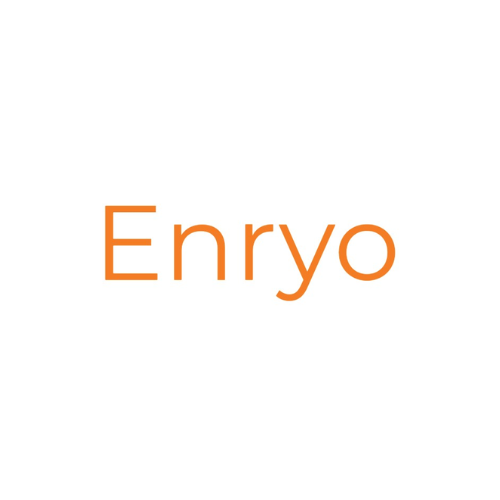Stablecoin provider Paxos has disclosed its first transparency report for Ethereum-based stablecoin, PayPal USD (PYUSD), affirming the full asset backing of the coin.
The report unveils that as of August 31, 2023, the total assets overseen in PayPal USD custody are at par or surpass the total token balance, registering at $44.4 million with a notional position value of $44.5 million.
Predominantly, PYUSD assets are reinforced by U.S. Treasury reverse repurchase agreements maintained by Paxos to favor PYUSD holders. The data reveals $43 million — approximating to 97% of the total assets in PYUSD custody — are anchored in these agreements.
Paxos elucidated on the nature of reverse repurchase agreements, describing them as formalised contracts where one entity pledges to sell securities to another at a defined price with a vow to buy them back. The firm assured that the agreements have an overnight maturity and involve reputable financial establishments. These are further overcollateralised with U.S. Treasuries, facilitating Paxos to liquidate the U.S. Treasury collateral to reclaim its losses in the event of a counterparty default. Due to overcollateralisation, the perceived risk of loss is minimal.
Moreover, Paxos disclosed holding over $1.5 million in fiat currency at insured depository institutes, identified as cash deposits, with details accessible via a link to the IntraFi network for a comprehensive list of such entities.
However, Paxos acknowledged the absence of active private uninsured deposit insurance policies, indicating a potential risk of incurring losses stemming from bank insolvency as not all deposits have FDIC or private insurance coverage.
This development comes shortly after the PYUSD’s launch on August 7. As of late August, a substantial 90% of PayPal USD remained in Paxos’ wallets, and approximately 7% was circulated through exchanges including Kraken, Gate.io, and Crypto.com.
Further expanding PYUSD’s utility, BitPay integrated it as a payment method on its platform on September 12, joining other supported USD-anchored stablecoins such as USD Coin. This move potentially augments PYUSD’s accessibility and usability in the cryptocurrency payments landscape.































































